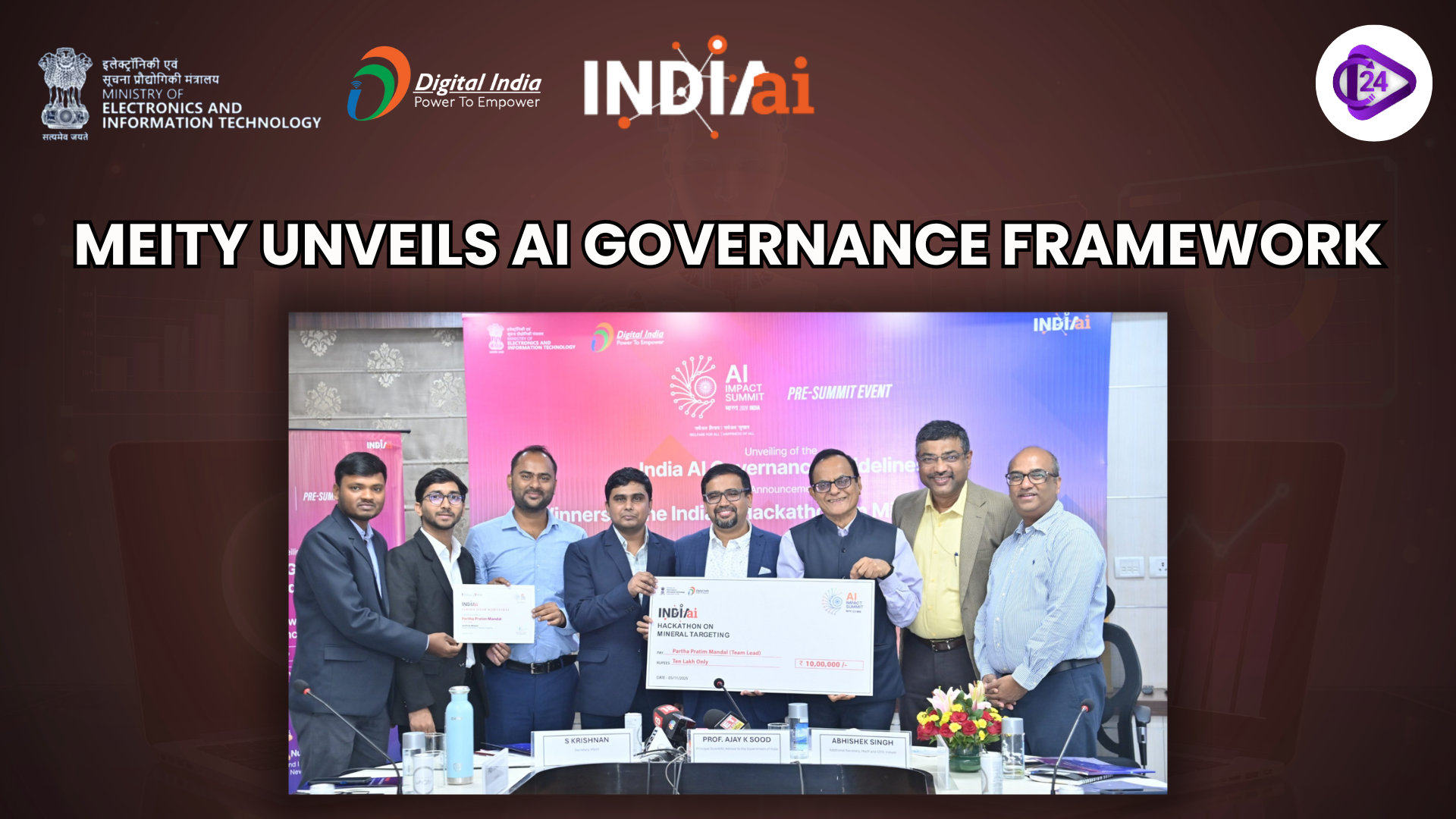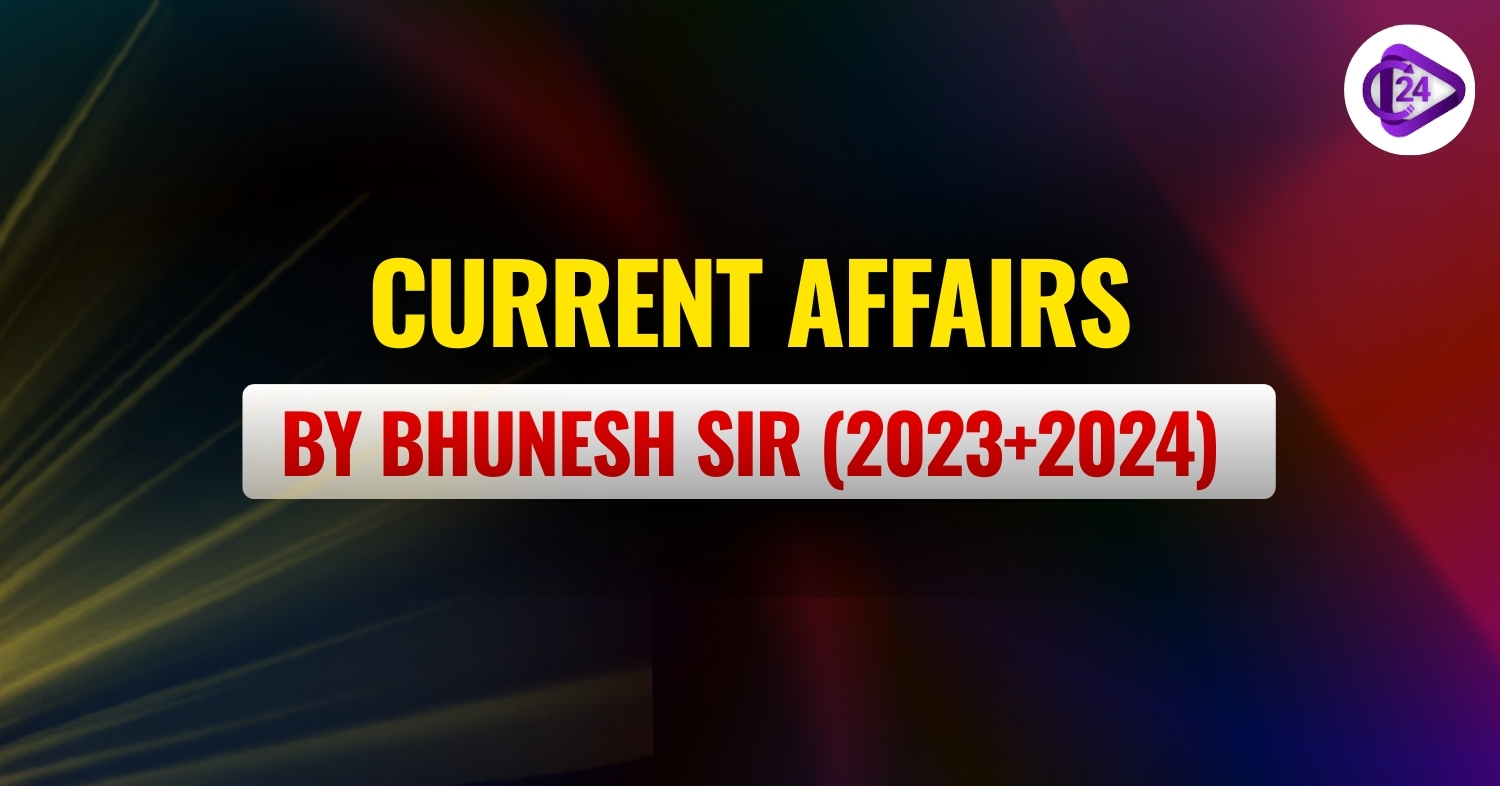Daily Quizzes
Mock Tests
No tests attempted yet.
Select Category

The Ministry of Electronics and Information Technology (MeitY) under the IndiaAI Mission has presented the public with the first national AI governance framework with the view of promoting safe, inclusive and responsible innovation. Its framework puts into the centre postulates like transparency, fairness, accountability and a do no harm ethos. It also lacks practical laws like the Digital Personal Data Protection Act, 2023, to establish and instead uses the previous laws like the Information Technology Act, 2000, to form a basis. The principles represent a breakthrough in terms of the Indian approach to cultivating a reliable AI-based environment and propelling the digital transformation in the industries.
India Moves Towards an Ethical and Secure AI Future
-
The India AI Governance Guidelines, as proposed by the Ministry of Electronics and Information Technology (MeitY), represent the deployment of AI in a safe and responsible manner with inclusive adoption.
-
The AI utilisation is informed by the principle of Do No Harm, allowing transparency, fairness, and accountability.
-
It would lean on policies such as the Digital Personal Data Protection Act and the IT Act, which exist to govern AI responsibly.
-
India will introduce the AI Safety Institute and governmental overseers to manage AI risks.
-
Under the IndiaAI Mission, there is the development of sovereign AI infrastructure, datasets, and capacity-building programmes under the objective to promote ethical innovation.
Conclusion
The introduction of the first National AI Governance Framework in India as part of the IndiaAI Mission is a significant move towards the creation of an Indian AI ecosystem that is safe, transparent and human-centric. This framework is licensed to enhance responsible innovation, ethical implementation, and inclusive digital development, led by MeitY, to make India a global leader on the reliable and safe governance of artificial intelligence.



 India Unveils PRAHAAR, First National Anti-Terror Doctrine
India Unveils PRAHAAR, First National Anti-Terror Doctrine Bangladesh Election 2026: BNP Claims Landslide Victory After 2024 Uprising
Bangladesh Election 2026: BNP Claims Landslide Victory After 2024 Uprising India Develops Lead-Free Self-Powered Photodetector
India Develops Lead-Free Self-Powered Photodetector Devika Sihag Secures Maiden Super 300 Title at Thailand Masters
Devika Sihag Secures Maiden Super 300 Title at Thailand Masters India–European Union Free Trade Agreement
India–European Union Free Trade Agreement National Awards for Model Youth Gram Sabha (MYGS)
National Awards for Model Youth Gram Sabha (MYGS) Padma Awards 2026 Announced: Complete List of Padma Vibhushan, Bhushan & Shri Awardees
Padma Awards 2026 Announced: Complete List of Padma Vibhushan, Bhushan & Shri Awardees Household Consumption Expenditure Survey (HCES), 2023-24
Household Consumption Expenditure Survey (HCES), 2023-24 Statehood Day of Manipur, Tripura, and Meghalaya: History, Date, and Significance
Statehood Day of Manipur, Tripura, and Meghalaya: History, Date, and Significance India Energy Week 2026 to be Held in Goa From 27–30 January
India Energy Week 2026 to be Held in Goa From 27–30 January






